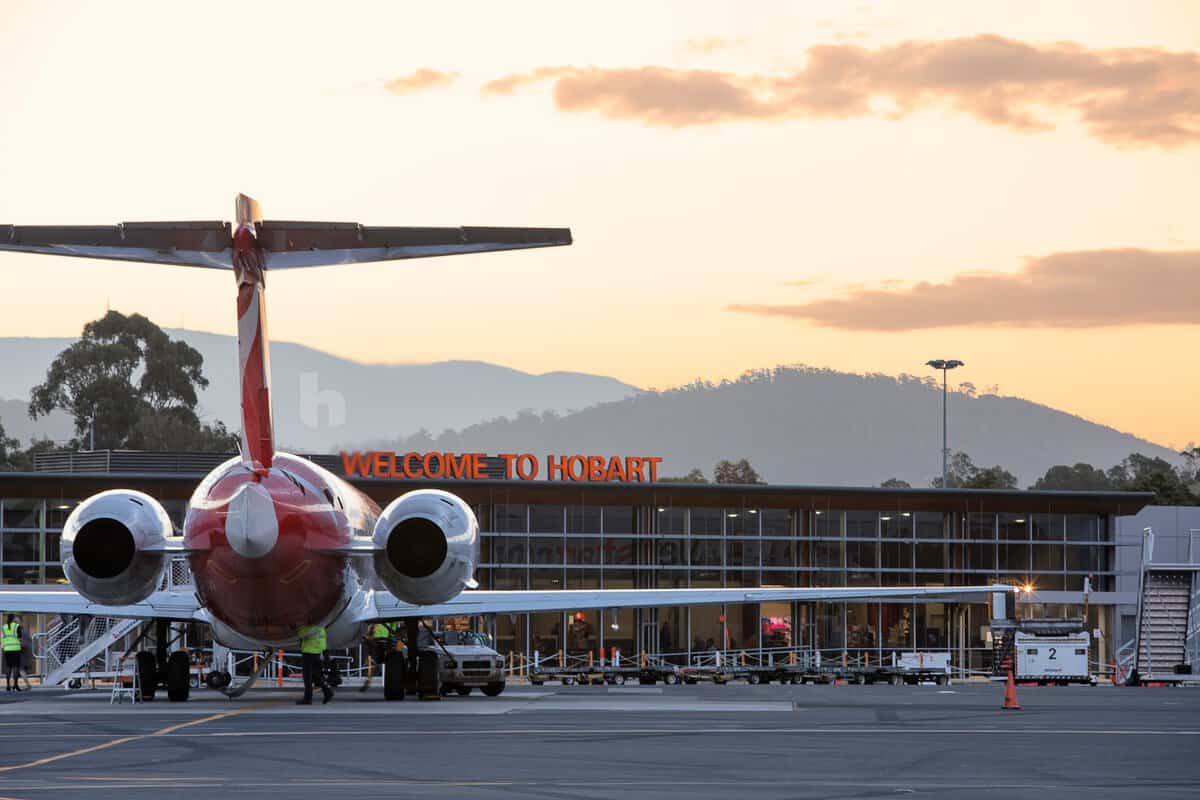Investors are circling Hobart Airport in Tasmania, Australia, which has been gearing up to become a regional hub for local producers, allowing cargo to be transported directly from Hobart to export destinations.
Hobart also is Australia’s fastest-growing airport as a major tourist destination.
Tasmanian exports usually are delivered to a pier for loading onto ships bound for Melbourne or Sydney before being transferred to an aircraft for delivery to destination.
Macquarie Global Infrastructure Fund III, controlled by Macquarie Infrastructure and Real Assets (MIRA), has put its 50.1% stake in the airport on the block, with the sale expected to fetch as much as AU500 million ($340 million). The remaining 49.9% stake is owned by the Tasplan Superannuation Fund. Credit Suisse is handling the sale process for Macquarie.
Final bids for the Macquarie stake are due by the end of September.
Due to legal ownership restrictions, foreign investors are subject to a 49% ownership ceiling. A foreign investor would be required to join with an Australian partner to take the full 50.1% stake on offer.
Paris-based Vinci Airports, which manages 45 airports across the globe, is tipped as a front-runner for the stake. If Vinci succeeds in outbidding some of Australia’s investors, including Queensland government-owned infrastructure manager Queensland Investment Corporation (QIC) and UniSuper, and a joint bid by super-funds CBUS and HESTA, Hobart will become the French airport operator’s first investment in Australia.
In May, Vinci acquired the controlling 50.01% ownership stake in London Gatwick Airport from Global Infrastructure Partners (GIP) for roughly $3.68 billion.
Vinci has made no secret of plans to increase the company’s portfolio of airport assets in Asia and Australia. It had bought three airports in Japan in 2017 in a joint venture with the Japanese group Orix Corp.
Infrastructure assets, such as airports, are seen as attractive investments, given the long-term focus on returns as well as stable and predictable cash flows.
Hobart extended its runway by 500 metres in 2018, allowing for the use of larger, long-haul aircraft, such as Boeing 777s and Airbus A330s.











